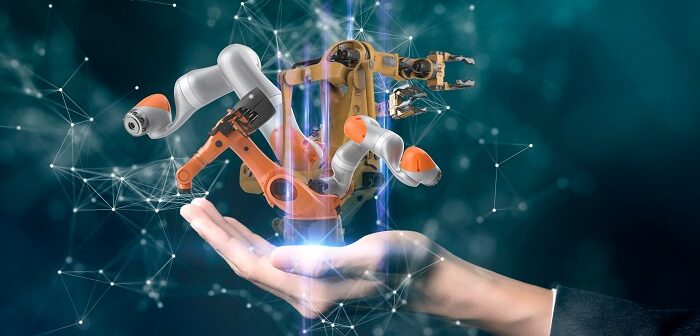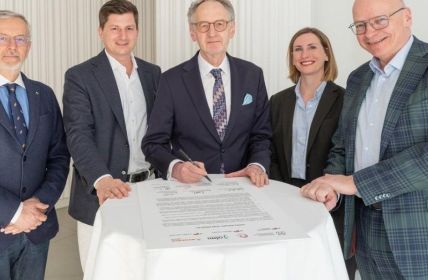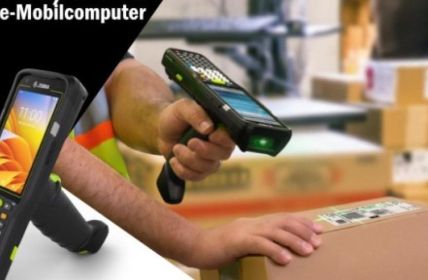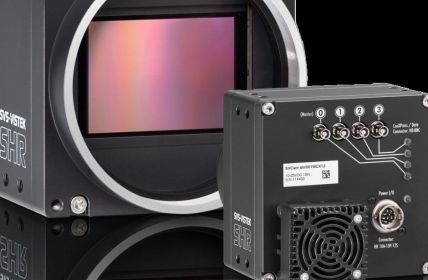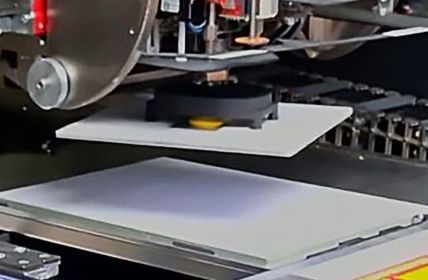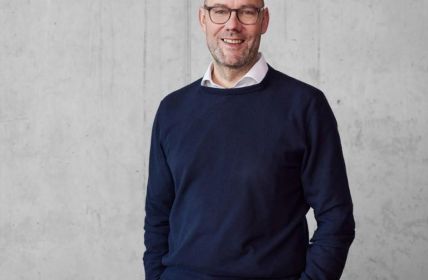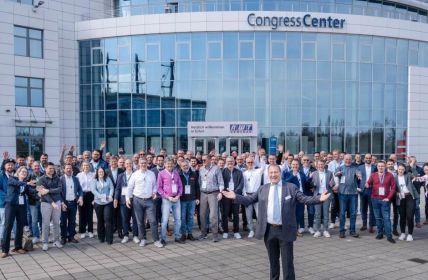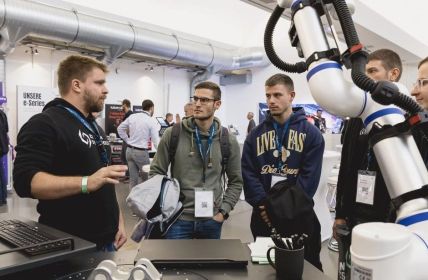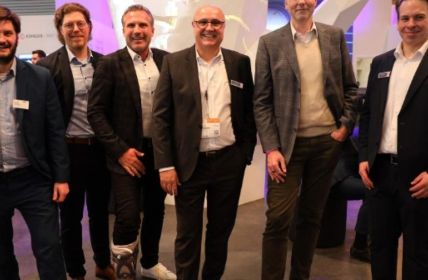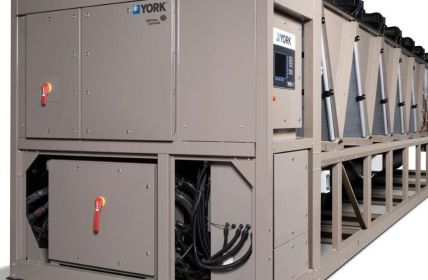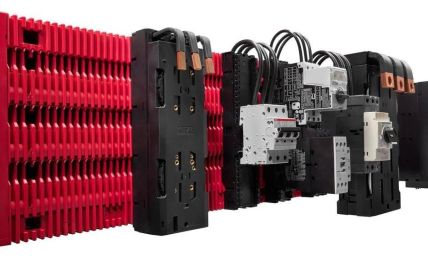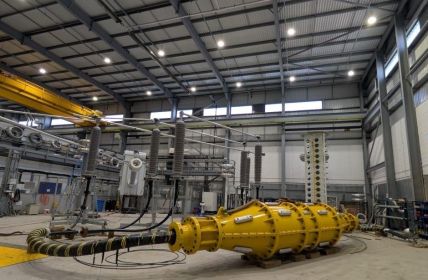Vodafone is using AI-based technology as part of its sustainability strategy. As a result, energy consumption in Düsseldorf for indoor climate at the headquarters has been reduced by a full 23 percent. This is made possible by smart networking and the use of artificial intelligence.
Fewer pollutants and lower energy consumption
Office buildings account for a large proportion of CO2 emissions in Germany. More precisely, about 30 percent of pollutants, or 120 million tons, are attributable to office buildings. This means that the workplace must also be made much more sustainable if the German government’s climate targets are to be met. Of course, despite sustainability, the office workplace should be a comfortable and safe environment for employees. This is where AI comes into play.
AI technologies for sustainable office buildings
Vodafone relies on AI technologies to make building operations more comfortable and sustainable at the same time. The feel-good climate is created through smart networking and artificial intelligences. The result of Vodafone’s new strategy shows that a reduction of CO2 emissions for indoor climate at the headquarters in Düsseldorf by a full 23 percent is possible.
For this project, Vodafone worked closely with green tech company Recogizer. The company’s self-learning and energy-saving control system has already been controlling the operation of the heating, ventilation and air conditioning systems since May 2020. The system accesses data such as weather forecasts, usage situation and occupancy of the building complex and automatically regulates the systems accordingly.
As a result, a full 5.5 gigawatt hours have already been saved at the Vodafone Campus. By way of comparison, 5.5 gigawatt hours is equivalent to the annual energy consumption of more than 300 households. Another advantage is that the room temperature in the office building is a constant, pleasant 23 °C. This means that the building is not heated up during the day. This means that the building does not heat up too much in the summer and does not have to be cooled down with a strongly adjusted air conditioning system. Even when the office complex has a low occupancy rate, the rooms must always have an optimal climate.
AI technologies for greater sustainability throughout Germany
Vodafone is using IoT networking with green tech company Recogizer across Germany. The AI technology is used in company cafeterias in Düsseldorf, Munich and Ratingen, where it has already saved an additional 121 tons of CO2 per year. The demand-based ventilation technology ensures that up to 30 percent less air needs to be heated or cooled. This can reduce electricity consumption by up to 50 percent.
In addition, Vodafone cooperates with start-ups from the green tech scene at many branches to further increase the efficiency of the office buildings. Here, for example, AI technologies are used that reduce power consumption by means of time, motion and light sensors. This allows lighting and heating equipment to be controlled as needed.
Vodafone is not only reducing its carbon footprint at its own sites. Other companies can also benefit from AI. The use of smart technologies also benefits customers in the housing industry. Vodafone and green tech startup ENER-IQ offer a smart solution for basement heating. The AI-based software not only reduces heating costs, but also the pollutants produced by heating by up to 50 percent. It’s part of Vodafone’s GK4.0 building management system.


